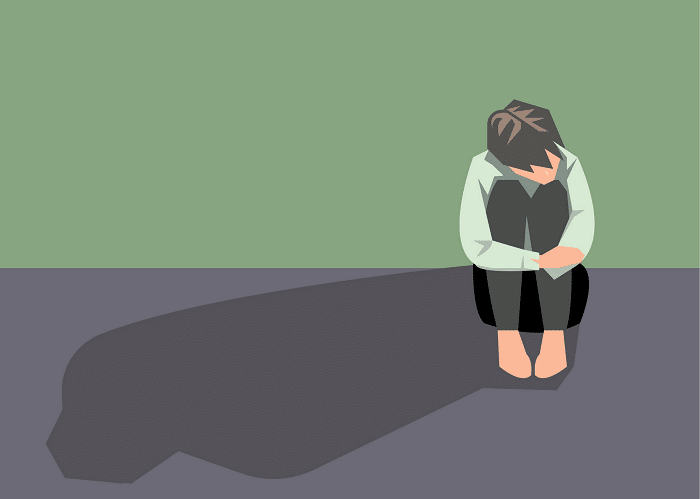For some, the topic of childhood trauma is taboo at best. I mean, if I told you that your parent’s drug use or divorce plays into your overall wellness, would you believe me?
For those well-seasoned in human services, the idea that childhood trauma can affect your physical or mental health isn’t a new concept. Still, for those who aren’t in the field, the proposal may seem a bit foreign.
It was over two decades ago, in the mid to late 90s, when the concept that childhood trauma is linked to our health in adulthood first gained speed. The world stood in awe as Kaiser Permanente rocked the fields of medicine and psychology with their ground-breaking research on the effects of trauma.
They conducted a study with over 17,000 participants which showed a clear link between people’s physical well-being and trauma born in childhood. The study, formally coined the Adverse Childhood Experiences (ACE) Study, found that everything from obesity, to cancer, and even premature death could be linked to events that transpired during youth.
The ACE Study broke down childhood traumas into the following six categories:
One: Experiencing violence, abuse, or neglect
Two: Witnessing violence in the home or community
Three: Having a family member attempt or die by suicide
Four: Substance misuse in the household
Five: Mental health problems in the household
Six: Household instability due to parental separation or household members being in jail or prison
In the study, each of the traumas listed above were given a score of “1”. The more traumas someone experienced, the higher their ACE score would be. As the participant’s scores increased, so did their likelihood of developing a physical or mental ailment in adult life. Sadly, over 60% of us are able claim at least one of the ACEs above.
Find your ACE score by taking the quiz today!
But, our fate isn’t written in stone. The impact of trauma can, in fact, be mitigated. Truth be told, there are tons of protective factors out there that in effect shield youth from the heavy burden of adverse childhood experiences.
These factors exist at multiple levels, and include everything from a child’s unique personality traits, to the level of support available through family and in the community. And, do you know what one of the largest, most overwhelmingly impactful protective factors is? It’s the positive involvement of at least one caring adult in a child’s life.
So, what does this all mean? At first breath, it means that your time spent with children is never wasted. While the little things, like watching a movie with your child, taking your nephew to the park, or cooking dinner with a youth your mentoring may seem insignificant, it most certainly is not. But even more importantly, it means that we have the opportunity to shape the future of our state through influencing generations to come.
For those in the helping field, if you ever wondered if you were truly making a difference, let this be your burden of proof. The seeds you sow today in the families you serve will most certainly have a lasting impact. Your work helps to build stronger families and acts as a safety net, sheltering vulnerable youth from the negative impact of trauma.
If you’ve been teetering on the idea of getting involved, you’re needed now more than ever. It’s never too late to change a life, to make a difference in future generations to come. If you choose to use Youth Dynamics as your vessel for change, we’re always looking for mentors, foster parents, group home counselors, and more. Go to our employment or foster parent page to learn more about getting involved today.
Need Support?
Trauma knows no boundaries, it silently spreads from one generation to the next, only making itself known through symptoms that become hard to ignore. It can manifest itself in a magnitude of ways, including difficult behaviors in children, mental health conditions, addiction, and even sleep disturbances.
Please know that we’re here to help if you need us. Each year, we serve over 2,000 children and families through our 30 locations across the state. If you have a child who needs help, please contact us today through our website or by calling 406-245-6539.
Want More?
If you enjoyed this article, check out the rest of our blog today and make sure to follow us at Youth Dynamics of Montana and People of Youth Dynamics on Facebook.



